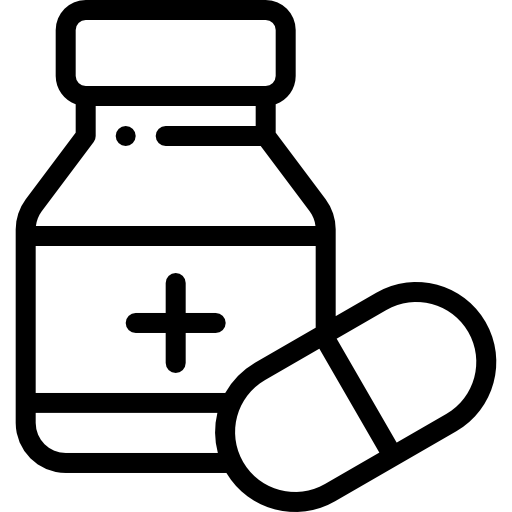Goals
The objectives addressed by this program are wide-ranging. Due to the current efforts in the field of machine learning, it now becomes possible to grasp and solve highly complex molecular problems through computer applications. The full potential of modern ML-algorithms must be explored, and generally usable tools should be developed, simplifying and accelerating the practical research processes. These algorithms and their applications must also be understood in order to minimize the risk of unsuitable applications or erroneous predictions and gain chemical and pharmacological insights. The addressed topics can be summarized under the following 5 topics:
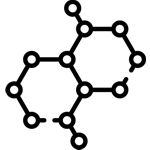 |
Molecular representations for machine learning
Development of (domain specific) molecular representations
- Generally improved molecular representations
- Learnable molecular representations
- Representations for chemical reactions
- Activity relevant molecular representations
Better understanding of molecular representations
|
 |
Machine learning as a tool for theoretical and organic chemistry
Prediction, understanding and interpretation of molecular properties
- Improvement of current applications
- Interpretation of analytical data
- Prediction of photochemical properties
- Prediction of different molecular properties
(Quantitative) prediction of chemical reactions
In silico reaction discovery
De novo catalyst design
|
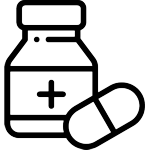 |
Machine learning for medicinal chemistry and drug design
Development of deep ML models for ultra-large virtual compound libraries
Generative de novo design of compounds with desired drug-related properties
New ML concepts for accurate and fast compound potency prediction
|
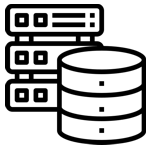 |
Overcoming the Current Data Situation
Generation and evaluation of data and datasets for machine learning
- Conversion of existing data into usable corpora
- Evaluation of existing and novel datasets
- Generation of various relevant datasets
- Combination and standardization of data
Data visualization and low-dimensional embeddings
Active learning strategies for predictive modeling on the basis of sparse data
|
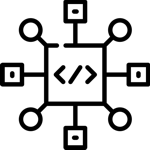 |
Development of machine learning tools for molecular applications
Application of state-of-the-art machine learning algorithms
- Transfer learning
- Explainable AI
- New ML-Models
Interpreting “black box“ machine learning models
Development of software suites and toolkits
|


